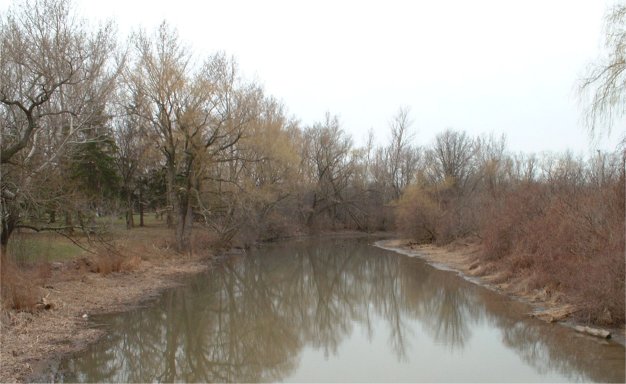


The new U.S. commander is General Alexander Smyth, on November 9th he announces that he will invade Canada within fifteen days. Smyth boasts so loudly about his intentions that the British are prepared for any attack. On November 17th the British began a bombardment of Smyth's headquarters located at Black Rock (Buffalo) burning the east barracks, exploding a powder magazine and destroying a quantity of furs captured from the ship "Caledonia". One twenty-four pound cannonball even crashes through the roof of one of Smyth's officers General Peter Porter while he is eating his dinner narrowly missing him.
On November 25th, Smyth tells his entire army to be ready to march on a moments notice. Two days later 4,500 men are camped at Black Rock ready to invade Canada.
On November 28th in the early morning hours two detachments leave Black Rock, one under the command of Colonel William Winder and the other under the command of Colonel Charles Boerstler.
Colonel Winder was to capture the British battery directly across the river, while Colonel Boerstler was to destroy the bridge at Frenchman's Creek. By destroying the bridge it would block any British reinforcements moving south from Fort George and Chippawa. With this accomplished Smyth's main army would occupy the bridgehead.
The Americans land on the Canadian shore in darkness, the British were waiting, boats are destroyed and driven off. There is much confusion on both sides in the darkness, men mistaking friends for enemies and enemies for friends.
In spite of this Colonel Winder's men out flank the British and seize the battery and spike the guns. Colonel Boerstler's force reaches the bridge at Frenchman's Creek only to realize that they had left their axes and tools to destroy the bridge in their boats.
The British counter attack quickly, the Americans lose two boats to artillery fire.
In the end some of the advance party are captured due to the lack of boats in which to make their escape. The remaining U.S. force safely crosses to the American side of the river with very little accomplished. This battle has cost each side about 100 dead, wounded and captured.
General Smyth, after repeated blunders in his efforts to invade Canada decided to suspend operations for the winter. General Porter calls him a coward, and puts that word into the public record in the Buffalo Gazette. The two Generals have a duel on Grand Island. Shots are exchanged but both men miss.
Smyth asks General Dearborn for permission to visit his family; three months later, since he showed no further interest in a military career, Madison dropped him from the service. He did however resurface after the war as a member of Congress and a chairman of the Military Committee.
CLICK HERE to see the Monument for the this battle.